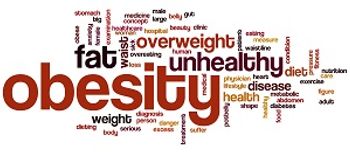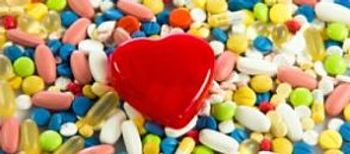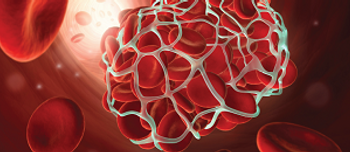
Medication adherence is defined as the act of patients taking their medications as prescribed by their health care provider.

Medication adherence is defined as the act of patients taking their medications as prescribed by their health care provider.

Hazardous drug contamination is an issue of vital importance for specialty pharmacists.

Health-system pharmacists should get familiarized with these 5 best practices in order to promote patient safety in their hospitals.

In the United States, as many as 900,000 individuals are affected by venous thromboembolism each year.

Heart failure contributes to significant morbidity and mortality in the United States.

Acute pain is the body's normal response to noxious stimuli.

Venothromboembolism has an annual incidence of 1 or 2 cases per 1000 individuals and is the third most common cause of vascular death.

Health systems have a renewed interest in ensuring high quality of care provided in lower-cost, postacute care settings such as skilled nursing facilities, home care, and long-term care, and more effective collaboration is a critical component of this mission.

At the ASHP 2016 Summer Meetings, Christopher Betz, PharmD, BCPS, FKSHP, FASHP, shared some of the ways pharmacists can use motivational interviewing to improve adherence in ACS patients.

As the current president of the North Carolina Association of Pharmacists, I have needed to learn about practices and aspects of pharmacy different from those included in my current work setting or for which I was trained.